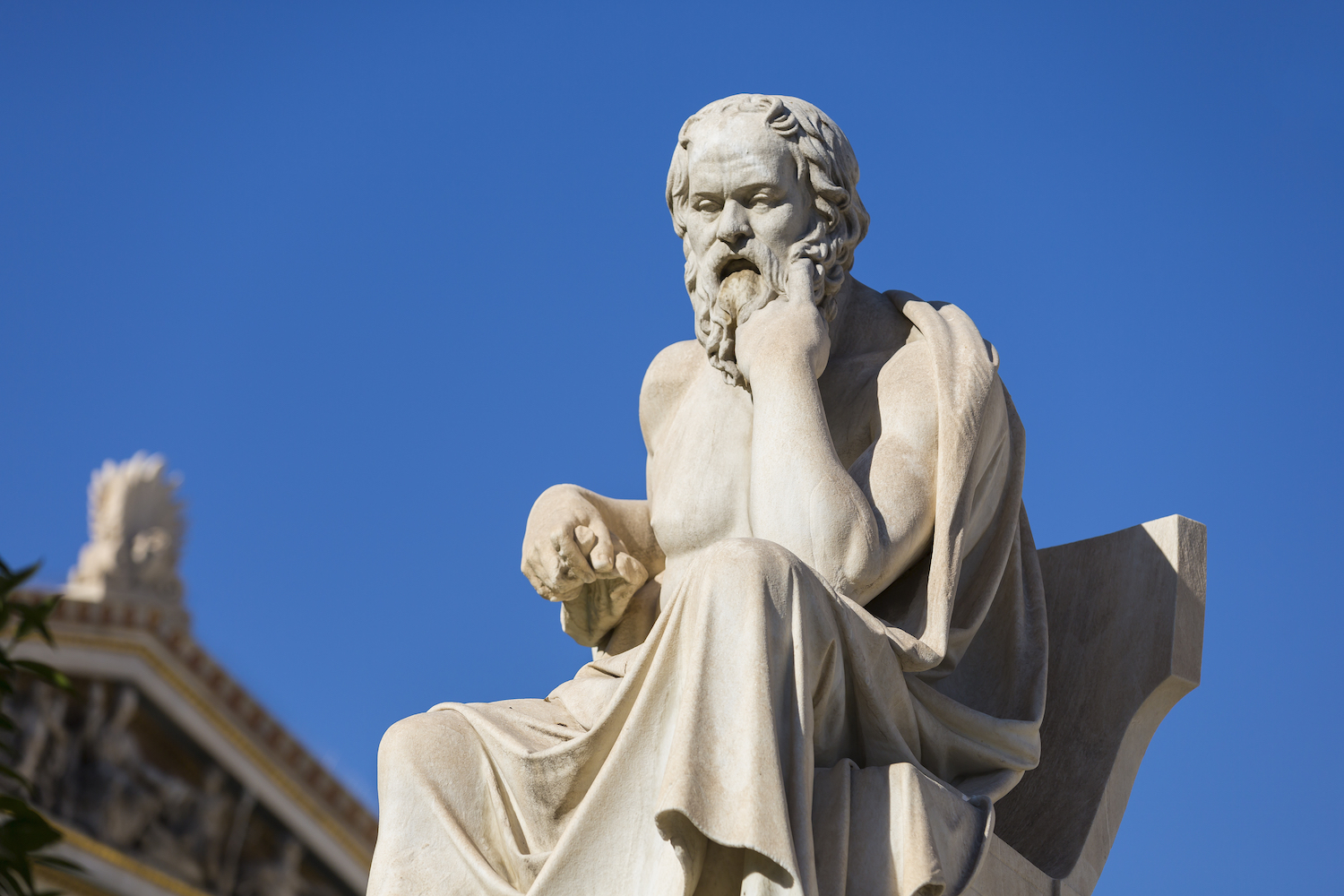
When a scientist, consultant or expert claims “independence” as a virtue in their work it is often misunderstood as implying they act completely alone or without any influence or input from other people, bodies of knowledge, or sources of data. In fact, independent scientists and consultants will often rely upon a wide range of sources and influences or seek validation of data, methods, or results in order to provide a balanced and accurate view of what they have been asked to do. They will almost always be asked to exercise independence because clients seek to remove as many internal biases as possible from their decision-making process. Independent consultants typically have significant, knowledge, skills or experience in the area of endeavour they are being asked to provide input to and almost certainly will have to weigh their own biases (of which they should be acutely aware of) in analysing and resolving opposing views and methods. Often, their independence is sought because there are opposing views or differing influences requiring tact and balance.
In this regard the “independent” virtue is more akin to “autonomy”, where the consultant exercises responsible self-governance, resisting undue influences, manipulation or severe bias and instead focuses carefully on understanding the facts, seeking the truth or acting with integrity and fairness to provide an informed, balanced output.
More often than not, an independent expert will possess a very high degree of “interdependence”, relying on many sources, viewpoints and inputs to reach a valuable, reliable result.
At Operational Wisdom & Logic our Vision, Mission and Values statements don’t mention the independent nature of all of our collaborators, even though we are all independent. Our independence is exactly what makes our collaborative mode of engagement so effective. Because it ensures that each collaborator brings their unique, autonomous competencies, knowledge and skills to any project in a way where independence can be ensured. We choose to work with each other because we have a strong foundation of trust, honesty and competency. We know what each of us brings independently to a project and value our niches and differences. Collaboration is thus a workflow in which experts and the client work together with independence but interdependently.
More importantly our Vision, Mission and Values ensure we will act with behaviours consistent with our commitment to integrity, truth, honesty, diversity, openness and reasoning and to the pursuit of positive outcomes for all.
These are essential behaviours that will lead us to deliver excellent work in all situations rather than mere statements of output itself. In a world where too many Mission statements proclaim unsubstantial outcomes like “the biggest” or “the best” or “most profitable” or “latest technology”, where, as soon as an organisation delivers something that isn’t that, for any reason (i.e. the “it” breaks or is superseded by something more profitable or advanced, or a service does not meet expectations), then your Mission and Values have failed. When a customer receives a broken product or one that does not live up to expectations they don’t care about claims of it being “the best” or “most advanced”, they want to know the provider will act with honesty and integrity, open to suggestions for a repair or replacement, and pursue a positive outcome for everybody.
Interdependence and independence promotes these behaviours because our reputations will be judged upon them. Collaboration is an independent choice that provides the means for experts to work interdependently for the greater good.
These words guide us in all we do…:


